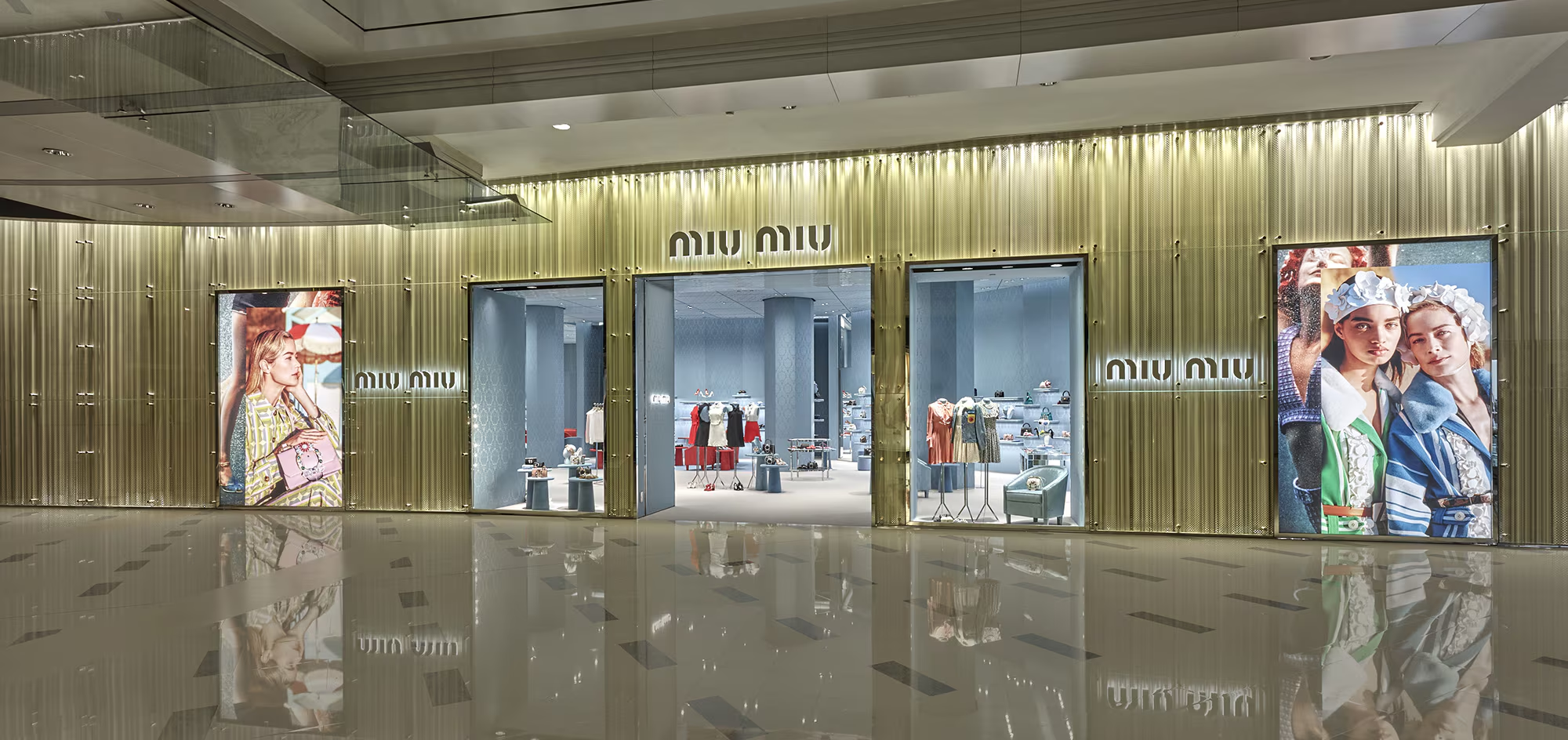China’s consumer landscape is rapidly evolving, with significant shifts in preferences and spending patterns. Recent sales data from Alibaba’s Taobao and Tmall during the 6.18 shopping festival reveal these changes vividly, showcasing strong demand across tech, beauty, and luxury segments. This article delves into these trends, highlighting the marketing strategies and commerce dynamics driving consumer behavior in China.
Tech Products Dominate Early Sales
The 6.18 shopping festival, one of China’s largest, saw a remarkable surge in tech product sales. Apple’s Tmall store alone achieved a gross merchandise value (GMV) of over RMB1.5 billion within the first hour on May 20. This surge was echoed by other smartphone brands like Huawei and Xiaomi, which reported GMV exceeding RMB100 million.
Home appliances also saw a significant uptick, with brands such as Haier, Gree, and Midea surpassing RMB100 million in GMV within the first hour.
The appeal of these tech products is driven by steep discounts and aggressive marketing strategies, emphasizing the growing consumer appetite for high-quality electronics. These trends underscore the importance of effective eCommerce strategy in China, where brands leverage online platforms to maximize sales.
Beauty Brands Shine Bright
Beauty products were another standout category during the 6.18 sales. Within the first 30 minutes, brands like Proya, Lancome, L’Oreal, and Estee Lauder each reported GMV exceeding RMB100 million. This trend underscores the strong demand for premium beauty products in China, driven by an increasing focus on personal care and grooming.
Marketing campaigns for these brands often leverage social media platforms in China, creating an engaging shopping experience that resonates with young, tech-savvy consumers. Discounts and special offers during the festival further incentivized purchases, contributing to the impressive sales figures.
Luxury Brands Capture Consumer Attention
Luxury brands also performed exceptionally well during the 6.18 sales. Over 200 brands from the world’s five largest luxury conglomerates participated, with names like Miu Miu and Valentino surpassing their full-day sales from the previous year within the first hour. This strong performance reflects the robust demand for luxury goods among Chinese consumers, who are increasingly willing to invest in high-end products.
The luxury sector’s success can be attributed to targeted marketing campaigns that emphasize exclusivity and prestige. Additionally, the introduction of special discounts and limited-time offers during the festival created a sense of urgency, prompting consumers to make quick purchasing decisions.

Evolving Shopping Dynamics
This year’s 6.18 festival marked a significant shift in shopping dynamics. Alibaba’s decision to forgo a pre-sale period in favor of two shopping windows from May 20 to June 20 altered consumer behavior. The platforms also reintroduced popular in-app sales venues with products at 50% off, alongside traditional discounts and deals, such as RMB50 off every RMB300 spent.
These changes fostered a more immediate and dynamic shopping experience, encouraging consumers to engage more actively with the platforms. The increased visit volume by members of Tmall’s 88VIP loyalty program, which rose by 40% year-over-year on the first day of sales, underscores this shift. Moreover, the number of members placing orders surged by over 50%, and the average order value increased by over 30%.
Small Businesses Benefit
Interestingly, it’s not just big brands that reaped the benefits of the 6.18 sales. On the first day alone, 370,000 small businesses saw their GMV double compared to the previous year.
This trend highlights the inclusive nature of the festival, providing a platform for smaller enterprises to reach a broader audience and compete effectively. This aspect of the event showcases the potential for cross-border eCommerce in China, allowing international small businesses to tap into the vast Chinese market.
Strategic Marketing Drives Success
The success of the 6.18 sales can be largely attributed to strategic marketing efforts. Brands leveraged a mix of digital marketing techniques, including social media campaigns, influencer partnerships, and live streaming events. These strategies helped create buzz and anticipation, driving traffic to e-commerce platforms.
Moreover, personalized marketing, based on consumer data and preferences, played a crucial role. Tailored promotions and recommendations enhanced the shopping experience, making it more relevant and engaging for consumers.

The latest sales data from the 6.18 shopping festival offers valuable insights into China’s consumer trends. The strong performance of tech, beauty, and luxury brands highlights the evolving preferences and increasing purchasing power of Chinese consumers. By leveraging strategic marketing and dynamic sales strategies, brands can continue to capitalize on these trends, driving growth in one of the world’s most lucrative markets.

